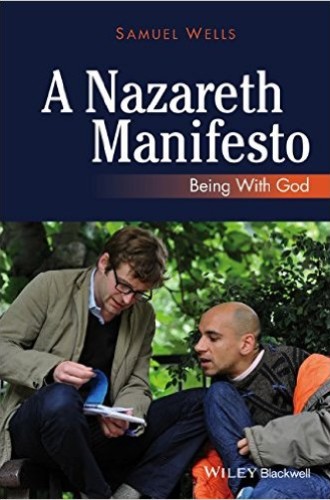Immanuel is the agenda
"Perhaps nothing ’ud be a lesson to us if it didn’t come too late.” The bleak wisdom of Adam Bede in George Eliot’s novel makes me either chuckle or shudder as I get older.
I was mostly done raising my children before I stumbled upon Martin Marty’s The Mystery of the Child, where he claims a child isn’t a project or a problem to be solved but a wonder to treasure. That drove me back to Jean Vanier’s suggestion that love isn’t doing things for other people (you can crush them that way); it’s revealing to people their beauty, the light shining in them. The wisdom came too late. I had done thousands of things for my children, and taken tender pride in doing so.
I was into the fourth quarter of my career as a pastor when I came upon Eugene Peterson’s account of ministry, and I was chastened by his critique of churches—like mine—that are beehives of activity and so may miss the heart of why people bother with church. “I was dealing with my congregation as problems to be fixed rather than as members of the household of God to be led in the worship and service of God. In dealing with my parishioners as problems, I more or less knew what I was doing. In dealing with them as a pastor, I was involved in mysteries, mostly having to do with God, that were far beyond my understanding and control.” I wish he had learned his mistake (and mine) years earlier. Too late again.





